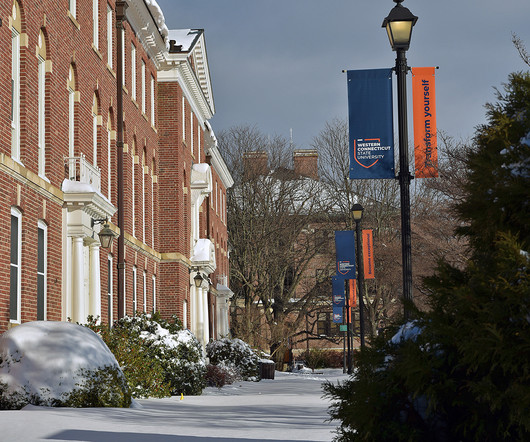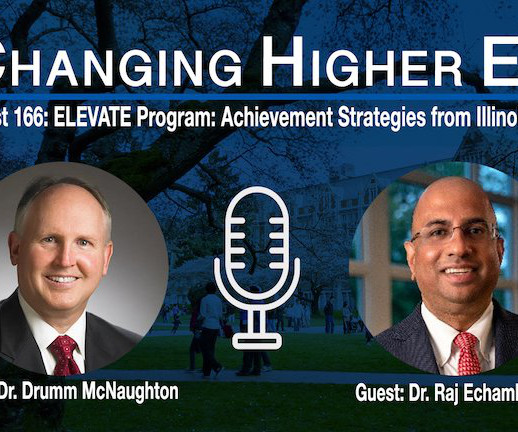As I take my leave.
Dr. Missy Alexander
DECEMBER 31, 2023
We’ve invested in Public Health, Addiction Studies, and expanded our portfolio of nursing programs to create pathways from community college to the doctorate in nursing practice. However, when the world attacks “liberal arts” they tend to point to specific disciplines as no longer relevant or meaningful.












Let's personalize your content